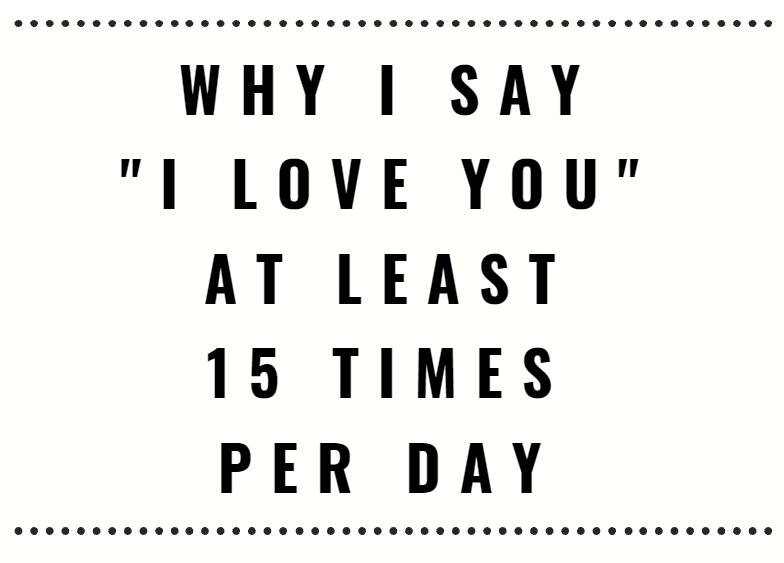
I experience intrusive thoughts, so I use an intrusive thought disruptor to recenter my focus and bolster my confidence. Read more to find out how.
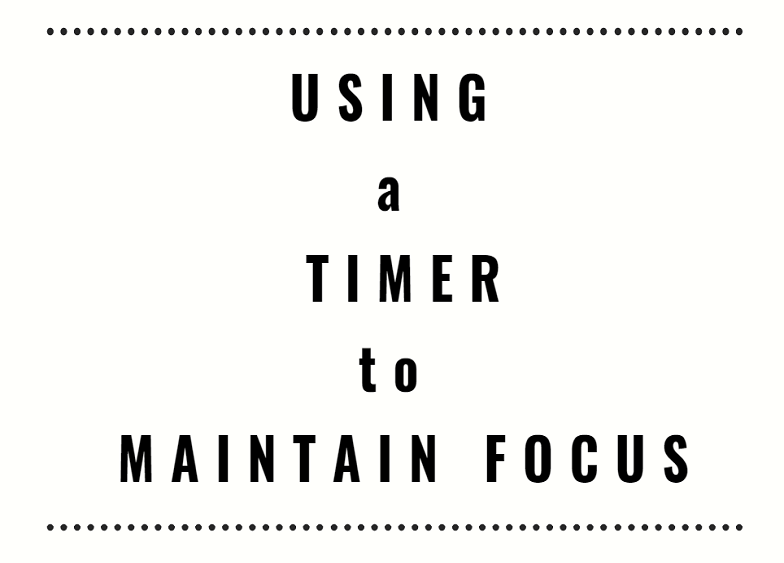
It is so challenging to maintain focus, especially with the overwhelming news that is happening all around us. Since I have to keep working, I've devised strategies to use a timer/clock to help me stay focused, while still giving myself breaks and protecting my mental health.
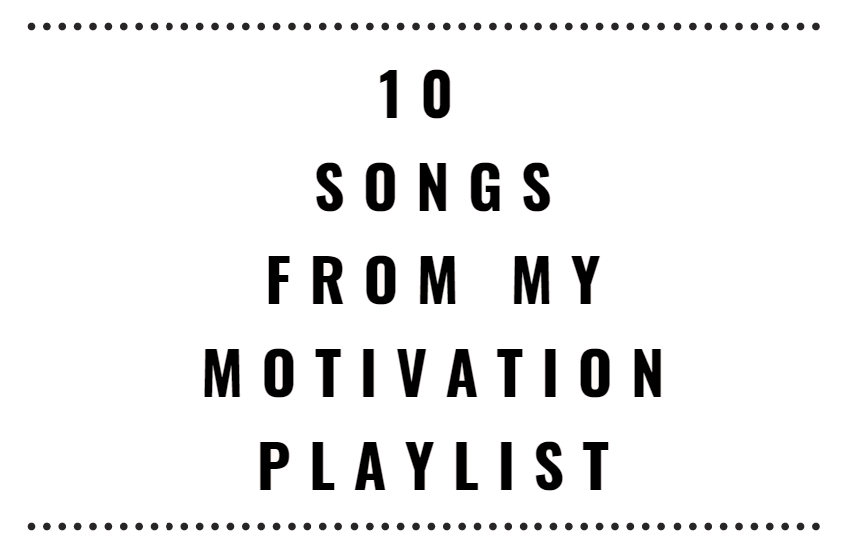
Grad school requires motivation but this motivation naturally flags and falters over time, especially when the environment is systemically biased. Here are 10 songs I use to get focused, motivated, and excited for my research.
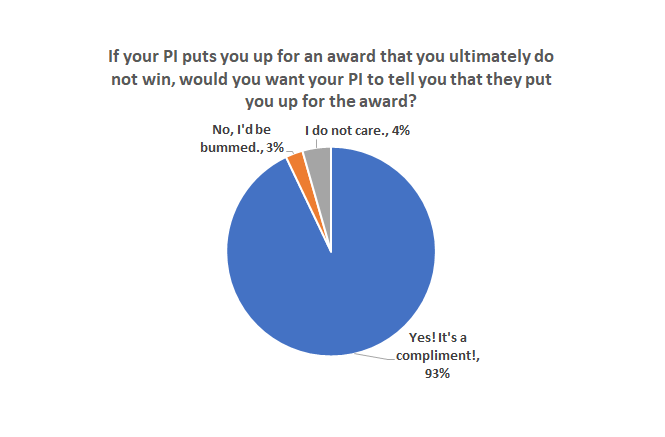
Anecdotally, I find that advisors and mentors do not tell students when the advisor nominates a student for an award, instead they only tell students when the students win. I anticipated that students might want to know when they were nominated, so I conducted a poll on Twitter to test this hypothesis.
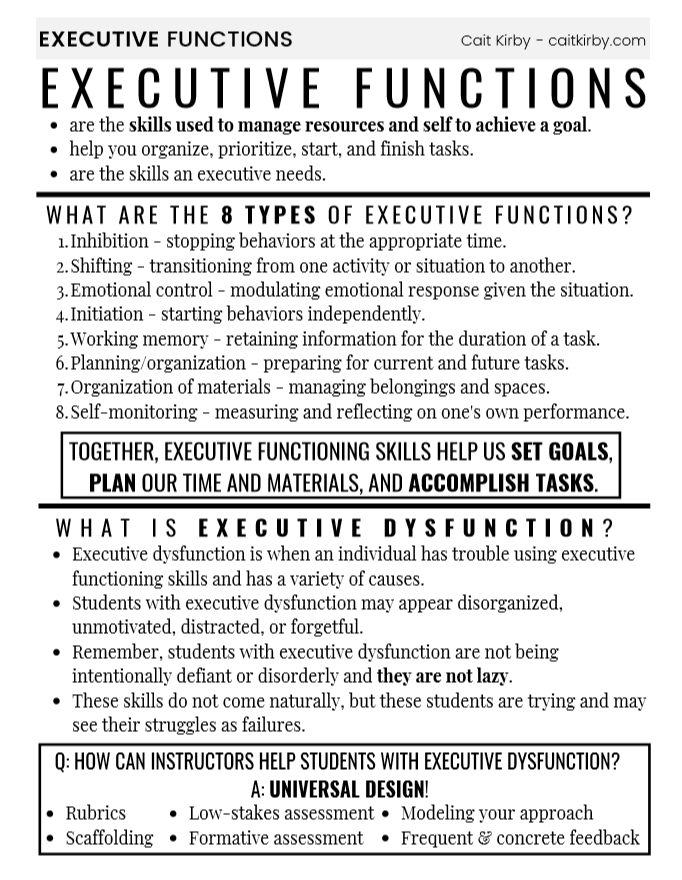
Teaching problem solving in STEM fields can often result in instructors relying on students' innate executive functioning skills.
Some students struggle with executive functions and testing students on executive functioning skills is probably not what you intend to test.
Here, I describe executive functions and how to use instructional scaffolding in the framework of Universal Design to teach problem solving to all learners.
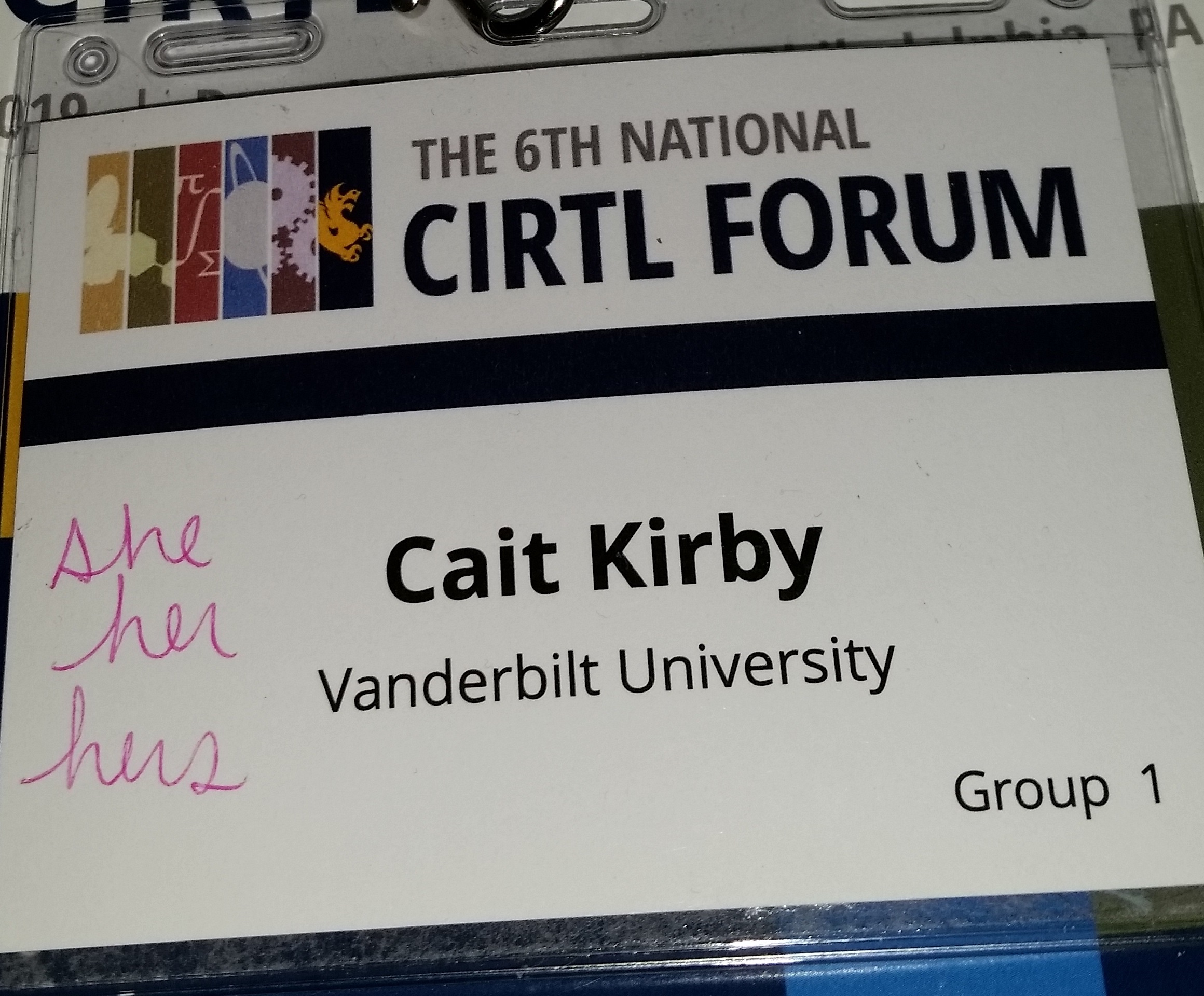
In October 2019, I attended the CIRTL forum on preparing future faculty as change leaders toward inclusive STEM higher education.
I enjoyed the perspectives by graduate students, adminsitrators, and current faculty.
I highlight some of my favorite quotes and advice given by faculty members.
I make a few suggestions for how to make conferences more accessible.

This post contains a template and walkthrough for my macro-level project tracking spreadsheet.
This is useful for: busy graduate students, PIs, program coordinators, and research techs.
This is especially useful for disabled individuals, parents, caregivers, and others who are juggling many commitments and variable schedules.
In other posts, I provide an overview of my tracking methods and a template and walkthrough for my micro-level project-tracking sheet.
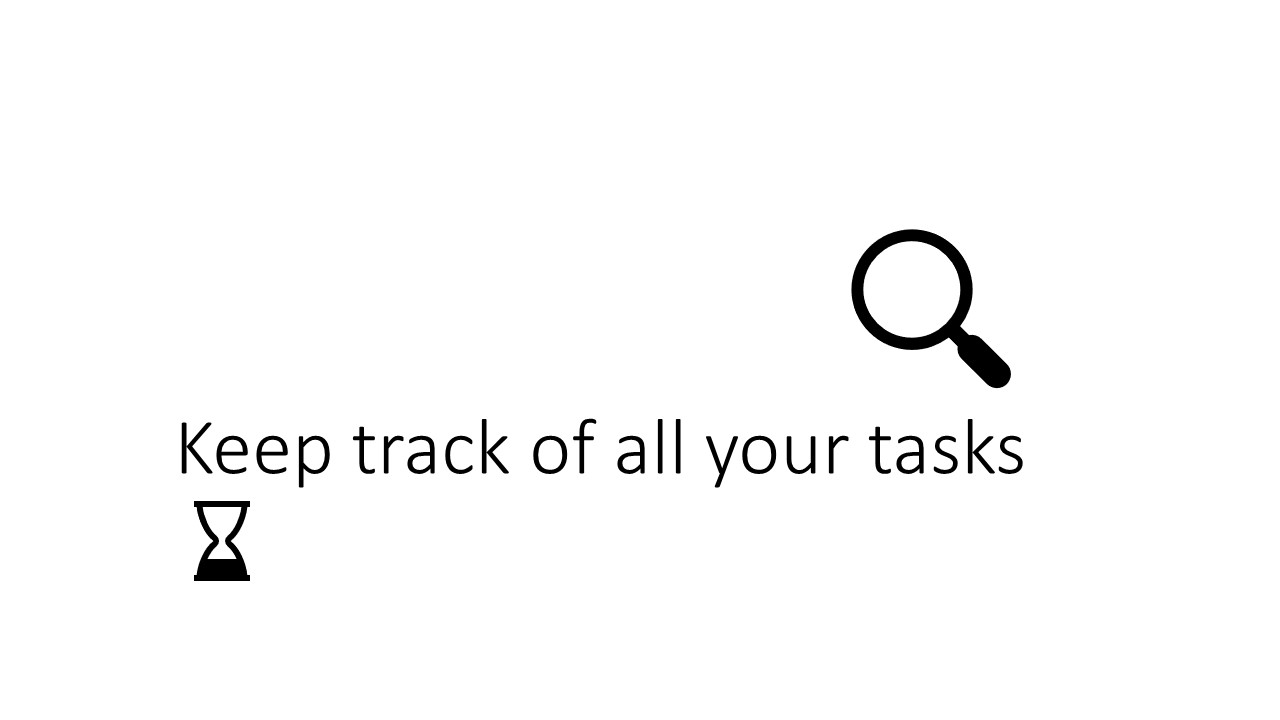
This post contains a template and walkthrough for my micro-level task tracking spreadsheet.
This is useful for: busy graduate students, PIs, program coordinators, and research techs.
This is especially useful for disabled individuals, parents, caregivers, and others who are juggling many commitments and variable schedules.
In other posts, I provide an overview of my tracking methods and a template and walkthrough for my macro-level project-tracking sheet.
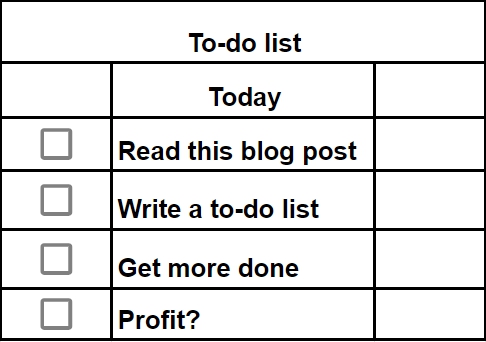
Like most busy people, I have struggled with time management and organization in the past.
To combat this, I have come up with a set of task-tracking tools.
These tools help me to stay focused and motivated, even when experiments fail and life gets busy.
This post contains an overview of the benefits of the micro and macro tracking tools I developed.
I provide templates and walkthroughs for each tool in separate blog posts: micro and macro.








